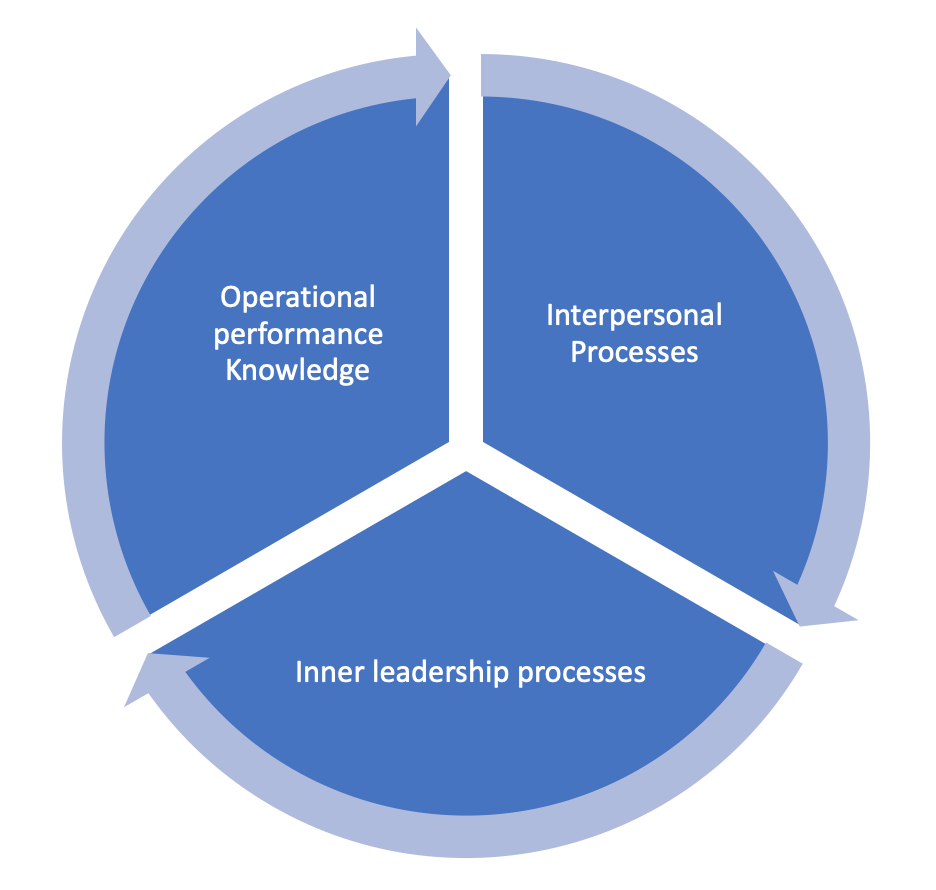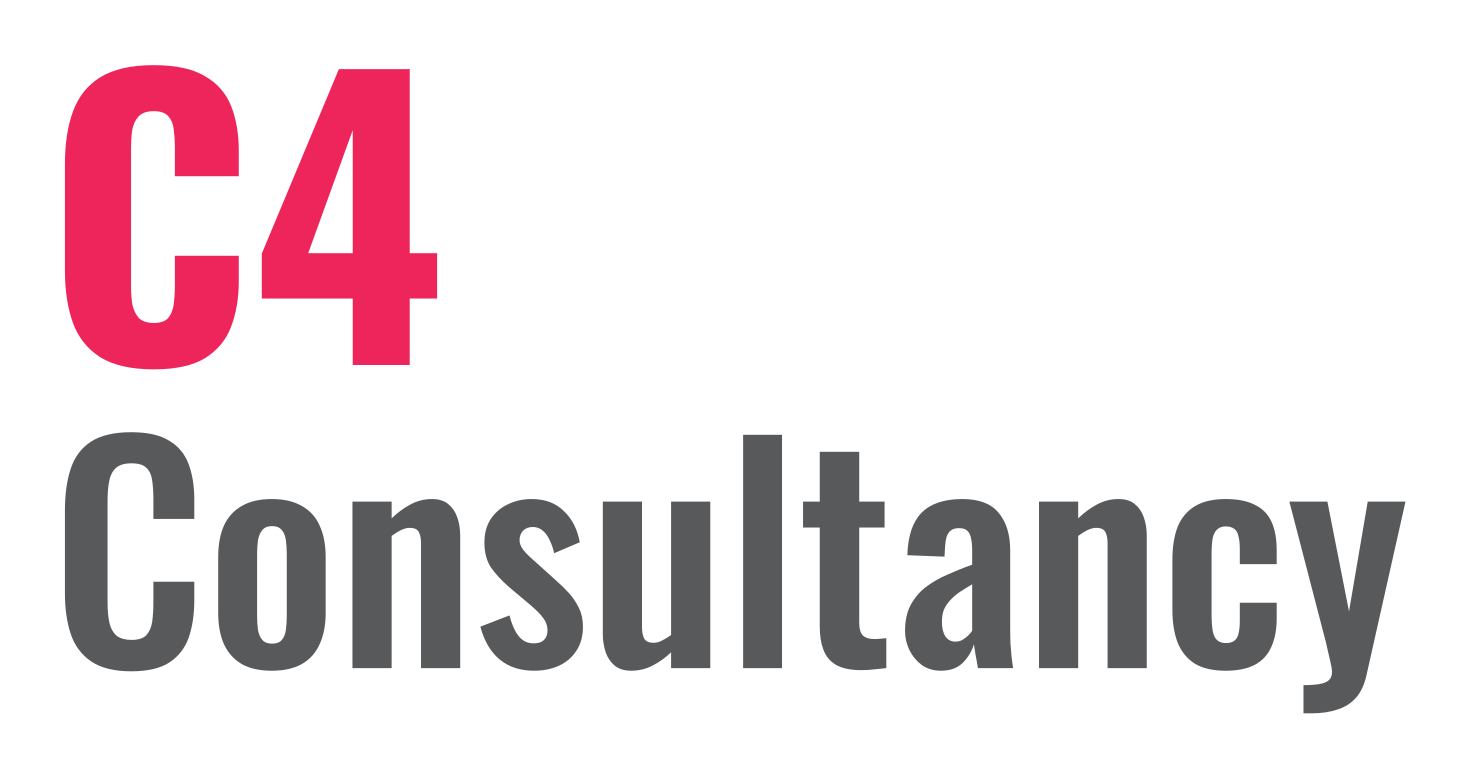Effective Leadership
Effective leadership using a Clinical Leadership Pathway
The clinical pathway in critical care and for your health career is a clear, well resourced and well worn path.
However once you have your clinical skills and step up into a people leading role, there is no mapped out pathway, resources or support. You second guess yourself, avoid difficult conversations, experience more stress than you need to, feel more responsibility and feel alone also when you don’t need to.
For clinical leadership the best you can expect is an another university accreditation that lacks three things. The critical understanding of what’s required in your workplace to succeed, the support to get the self awareness that you can truly see where you need to improve and support to fine tune your skills as you work.
It’s a bit like learning how to do a push up and expect you can drop and give us 100! It doesn’t make sense.
I’ve surveyed dozens of clinical leaders and they all agree that up until now there is no support for clinical leaders or succession planning.


Interpersonal processes:
C4 solution:
Inner leadership processes:
The inner game of self-awareness, confidence, commitment to a vision (or even having an inspiring vision for you and your team), resilience, able to manage change and decisiveness are skills and character strengths that can be learnt and nurtured. In a VUCA world (link to that page) where pandemics are now part of our reality, leadership needs to be agile and respond quickly to change and bring the team along with them. When it is not present in a leader they are inconsistent in their decisions, they confuse staff, they don’t get any traction on projects, they are constantly stressed and time poor and manage change poorly so that everyone is stressed and no one knows what they are doing.
C4 solution:
Facilitated workshops where your team comes together to uncover the unit vision, values and set project goals. Antifragility is a key part of this process, where supported risks are taken and through stress and new situations, new skills and confidence is created. They learn their leadership style and through coaching they take consistent action towards that vision. Emotional intelligence, DISC and other inventories could be used in this solution.


Operational performance knowledge:
C4 solution:
Mentoring is a way for the intellectual content of your medical system be shared. At C4 we have a process that nurtures the mentors so they are not overwhelmed and facilitate good conversations with the newbie leader and get support themselves so they don’t burn out. Coaching for both is also a supportive way to get the leaders clear on what they can and cant control and help them with decision making.
